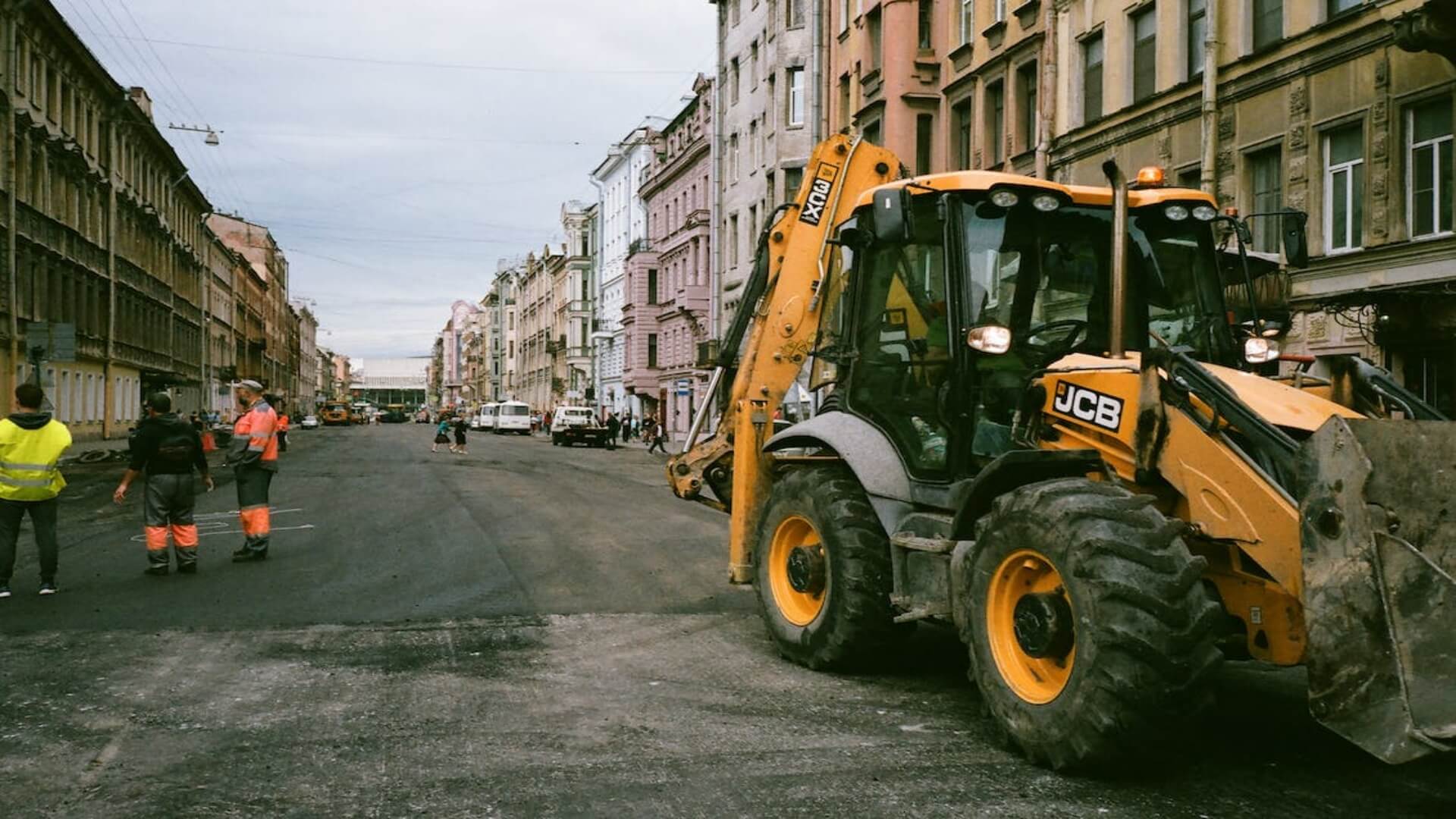The construction industry is rapidly evolving with the introduction of new technologies and processes. As a result, fleet management is becoming increasingly important for construction companies to stay competitive.
In the past, fleet management was generally limited to tracking vehicle maintenance and fuel costs. However, today’s construction companies must manage a wide range of assets, from vehicles to heavy machinery, in order to remain agile and efficient.
The field of construction fleet management is becoming more complex with each passing year. To stay ahead of the curve, construction firms must adopt the latest technologies and strategies to ensure their fleets are efficient and profitable.
In 2023, the following strategies and technologies will be critical for construction companies to ensure effective fleet management:
Buying and Selling Used Trucks
With the world gradually taking the eco-friendlier electric vehicle route, construction fleet managers will need to be extra careful when making purchase decisions for new additions to their fleet. Those who want more vehicles will be more likely to buy used trucks or equipment that’s still in good condition.
On the other hand, some companies will want to sell the used trucks that they no longer need early enough as they prepare for the transition. Thankfully, sites like chartertrucks.com will be available to make the selling or purchase process easier for construction fleet managers.
Automated Fleet Monitoring and Management
We live in a day and age when automation is increasingly becoming a crucial way to maximize productivity while enhancing accuracy, saving time, and operational reducing costs. It’s been employed in numerous processes in the construction industry, from cost monitoring to billing, invoice management, workforce management, process mapping, and more.
And if you guessed right, automation will become increasingly important in 2023 and will help companies to enjoy the maximum benefits of construction fleet management. In fleet monitoring, automation technology can be used to optimize fleet operations, such as scheduling, routing, and maintenance.
These systems will help construction companies keep track of fuel and maintenance costs of heavy machinery, provide real-time tracking of vehicles, determine the best routes to take for delivery, and even manage driver or operator performance.
Vehicle Telematics
Vehicle telematics can help construction companies improve their fleet performance by providing real-time data on vehicle location, fuel efficiency, and even the speed at which the driver is operating. In 2023, telematics systems will also help construction companies monitor safety and compliance with regulations, as well as track vehicle maintenance and repairs.
Alternative Fuel Vehicles
Alternative fuel vehicles are becoming increasingly popular in the construction industry. These vehicles can help reduce fuel costs, improve safety, and reduce emissions. Alternative fuel vehicles can also provide construction companies with additional savings, as they can often qualify for tax credits and other incentives.
The popularity of electric vehicles (EVs) continues to grow, and it is highly likely that automotive manufacturers will produce more electric trucks in 2023, which will likely be a game-changer as far as construction fleet management is concerned.
Artificial Intelligence
Artificial intelligence (AI) is becoming a powerful tool for fleet management. AI can help construction companies make decisions about fleet operations, such as which routes to take for deliveries and when to schedule maintenance and repairs to prevent overuse of construction equipment. AI can also help construction companies reduce their overall fleet costs by providing data-driven decision-making.
Data Analytics
The use of data analytics to monitor fleet performance is also likely to gain popularity in the construction industry in 2023. Data analytics will be used in a wide range of applications. For instance, it will be used to identify potential or existing problems in fleet operations, as well as find insight into how to address them to help ensure that resources are used efficiently.
These are just a few of the strategies and technologies that construction companies will need to adopt in 2023 in order to remain competitive in the construction industry.
In addition to these strategies, construction companies should also implement safety protocols, such as driver training, vehicle inspections, and fleet maintenance, to ensure their fleet is operating safely and efficiently.
By adopting these strategies and technologies, construction companies can ensure their fleet is running at its full potential and remain competitive in the ever-changing construction industry.































